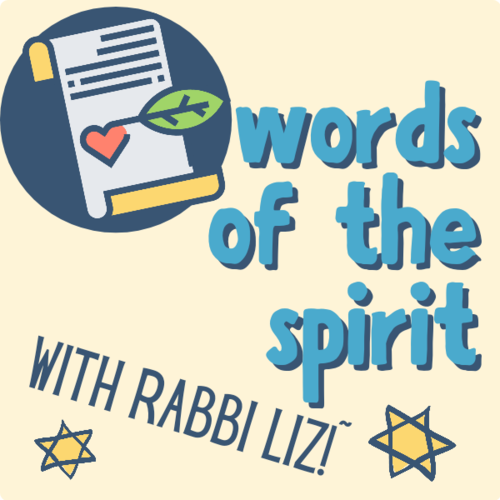Purim to Passover: The Pantry Project
26/03/2019 09:55:12 PM
| Author | |
| Date Added | |
| Automatically create summary | |
| Summary |
Scarcity and abundance. Need vs. desire. These aren’t the themes we readily associated with Passover, never mind with Purim. Liberation! Triumph over our (Eternal) Enemies! Freedom from Slavery!
And of course: Food! Passover represents the apex of the Jewish calendar’s – and the Jewish people’s – focus on the food-festival connection. Fundamentally, the holiday is as much about Let My People Eat as it is about Let My People Go.
A key verse in the book of Exodus declares that “this month” – the month of the Exodus - shall mark the beginning of the year (Ex 12:2). The biblical text is drawing on a tradition in the Ancient Near East that connects the readiness of the barley crop with the readiness to start the year. Elsewhere, that month is called spring, or aviv (Deut 16:1). And eventually, the whole lunisolar Jewish calendar evolves to keep Passover in the springtime Jewish month of Nisan, in perpetuity.
At the season of the earliest readiness for grains, we prepare for a holiday when we are commanded to put aside our usual grains. And so it evolves … ancient festivals marking events that may not have occurred exactly as recited in the book of Esther and Exodus become a time when we are commanded to ensure that all have food on their tables.
Matanot l’evyonim* and ma’ot chittim* may be far-less known holiday terms than hamentashen and charoset, but they are central precepts of Purim and Passover respectively, and they share a core value. Gifts of food, or the means to procure the necessary foods to celebrate, are to be provided for all.
An early memory: we are in reception room of a modest hotel situated on Decarie Boulevard in Montreal, where the Maple Leaf Lodge of B’nai Brith gathers regularly for Sunday brunch, and their charitable activities. I’m munching on a big treat – lox and bagel – while my father joins in with his lodge brothers in preparing large baskets of mishlo’ah manot*, or shlachmones in Yiddish, filled with food that they will then deliver to those in the Jewish community without.
Fast forward: for the nth year in a row, my home’s “Pantry Project” is underway. Otherwise dubbed the post-Purim Chow-down, it’s the time to start eating creatively, cooking with the dry goods already in the pantry, eating all the odd cereals, baking imaginative cookies and muffins, and otherwise making use of what we have before storing away the leftover grains prior to the beginning of the Passover week.
Cleaning out the fridge and using up the flour is not the same as examining the barley harvest for readiness. But it does help orient me to the fullness of the message we’ll recite from the early passage in the haggadah on seder night: let all who are hungry come and eat.
The bottom line is that I’ve got a fully stocked fridge and pantry, a (cozy, well-heated and comfortably furnished) place to live, and no worries about paying for said food and shelter. Food and housing insecurity is a real and present factor in our community. At the recent Klez12 fundraiser for the Ottawa Kosher Food Bank, the young manager of the project reminded the overflowing audience that the people she sees coming in for supplies may have, up to quite recently, never imagined that they would need such support.
What we have may exceed – or fall short – of what we need. We may individually be blessed by abundance, or challenged by scarcity. We may, or may not, clear our pantries of hametz* and refrain from eating leavened bread for the Passover week. But we can all take on the commitment, in honour of our festivals, our ancestors, and the celebration of spring, to ensure* that all who are hungry may eat.
*Definition and Resources:
Learn how to contribute to the Ottawa Kosher Food Bank here.
To contribute to the Ottawa Food Bank, click here.
To donate through Mazon Canada, the Jewish Response to Hunger, click here.
Matanot l’evyonim – lit. gifts for the poor; a Purim mitzvah
Ma’ot chittim – lit. wheat money; funds collected for Passover food needs
Mishlo’ah manot – lit. sending of portions; Purim baskets of foods given as gifts
Hametz – lit. leaven; foods, especially grains, that can “rise”
-Rabbi Liz
Mon, 7 July 2025
Special Messages from the Rabbi
Privacy Settings | Privacy Policy | Member Terms
©2025 All rights reserved. Find out more about ShulCloud







